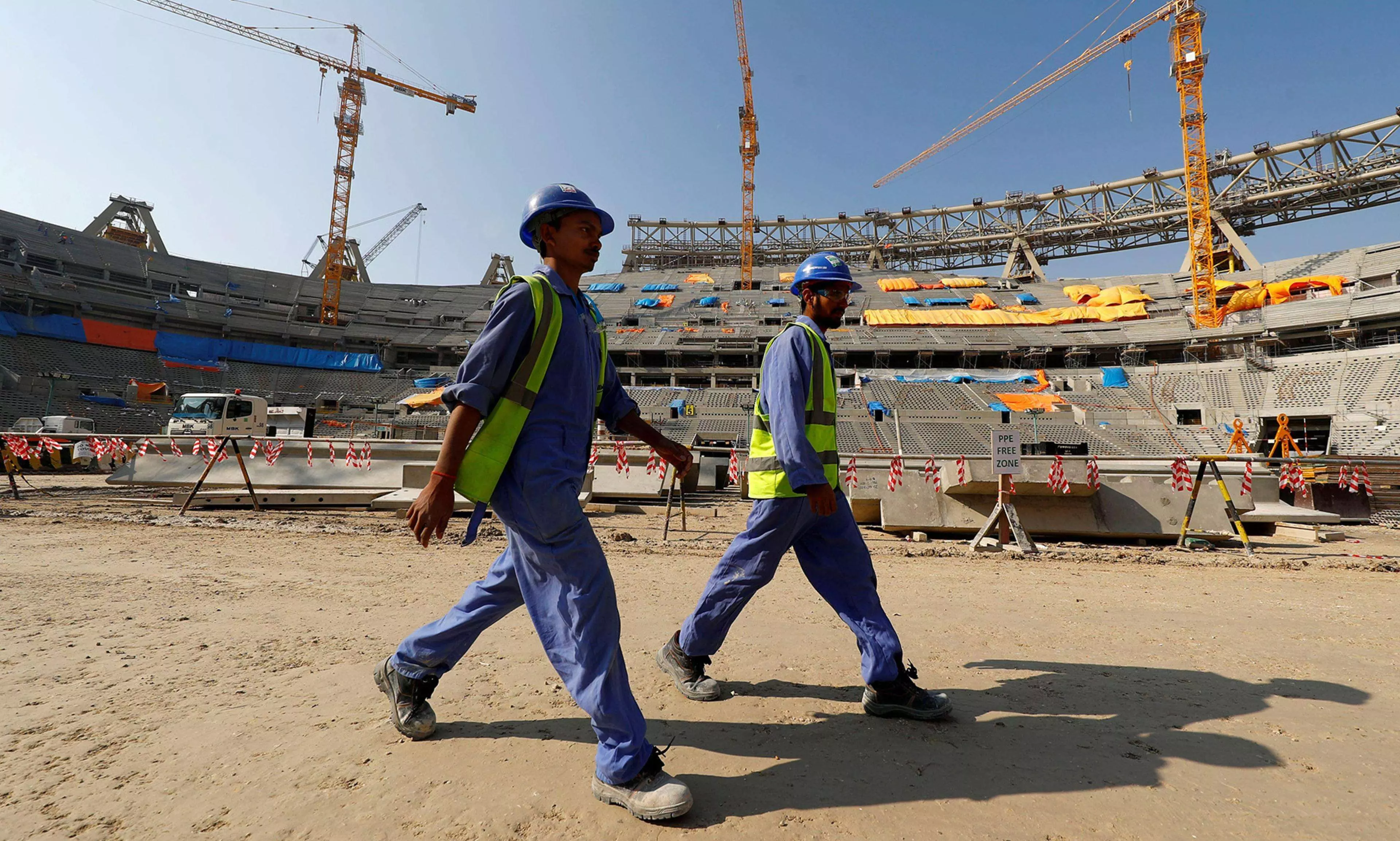

Representative Image Only/Image from https://www.cfr.org
Kafala reforms: What are the changes to Saudi Labour Law
text_fieldsBringing great joy to ex-pats, Saudi Arabia has embarked on the abolishment of the current Kafala (sponsorship) system with amendments, taking effect on Sunday (March 14). As part of the Kingdom's Vision 2030 to build an attractive labour market in the Kingdom, the Ministry of Human Resources and Social Development (MHRSD) launched the initiative to improve the contractual relationship between a sponsor and the employee.
The amended labour law was announced last November with three major services - change of employment, reentry-final exit systems and digitizing contracts.
What are the Changes to Saudi Labour Law
- Sponsorship change is possible without the sponsor's consent.
♦The job mobility reform will enable workers in the domestic and foreign private sectors to replace sponsors without obtaining permission from the current sponsor when the current labour contract is terminated in the following circumstances:
♦If the current sponsor has not uploaded a notarized employment contract within three months of recruitment on the Qiwa portal or if salaries have been delayed for three consecutive months, the worker may shift to another job without the employer's consent and prior notice. The worker does not require permission to change the job if the sponsor dies, imprisoned or fails to make contact within the prescribed period.
♦However, if the agreement is in force, the sponsorship transfer is possible only with the current sponsor's approval. The job mobility reform also requires expatriate workers to be enrolled under the labour law and has to complete a year with the existing employer from their initial entry into the Kingdom. The employee must have an authorized work contract and can work for another employer if the sponsorship is transferred through formal channels.
- Employee is allowed to apply directly for re-entry visa for exit from Saudi Arabia.
♦Under the new law, foreign workers can obtain exit and re-entry visa through the Saudi government's online platform, and the sponsor will be notified when the employee exits the Kingdom and re-enters.
- Digitization of labour contracts.
♦It becomes mandatory to digitize all contracts from this month onwards through the government's Qiwa online platform. This is to ensure awareness about labour rights and the new working requirements of the workforce in Saudi Arabia to avoid the exploitation of labourers.
♦Though the General Organization for Social Insurance (GOSI) implemented the online registration process in November 2018, labour contracts' digitization has not been strictly implemented in Saudi Arabia.
♦The MHRSD has already taken various initiatives to improve the working environment and protect the rights of workers as part of its Labor Reform Initiative (LRI). The implemented initiatives include the wage protection plan, electronic contract documentation, programme to resolve labour disputes and to avail insurance for workers.
♦The HRSD has designated Absher and Qiwa to enable the reform changes and services for the public.
♦By limiting the contractual relationship between an employer and employee, Saudi Arabia expects to benefit both parties by protecting their rights, fixing the imbalance and attract talented human resources to the labour market.






















